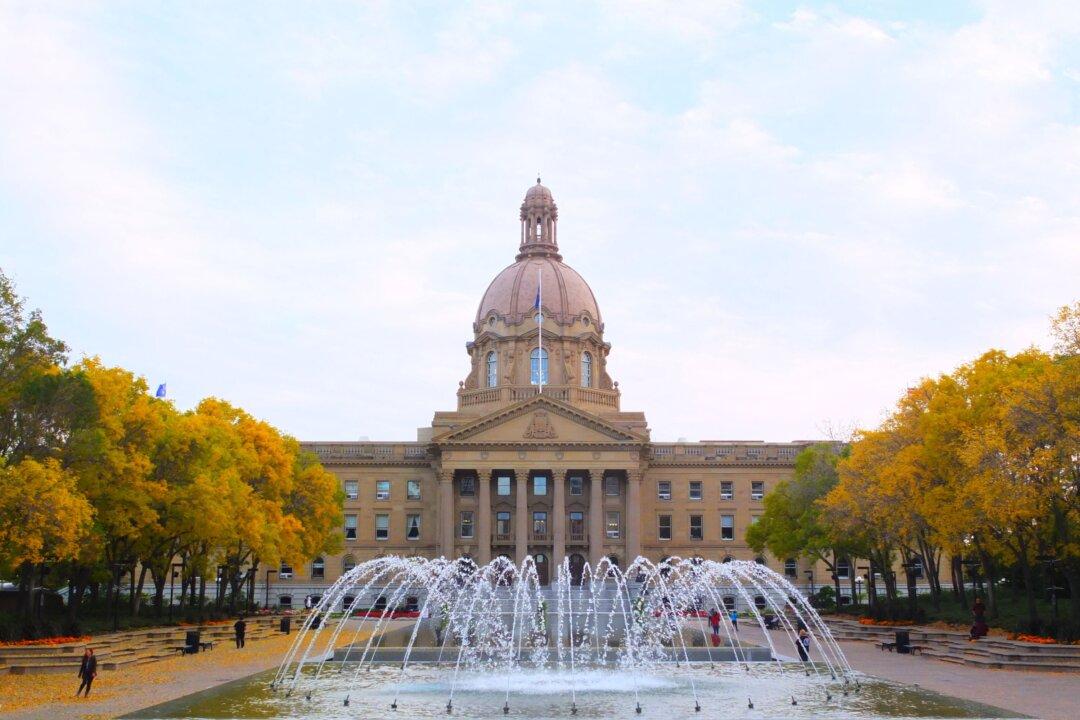Alberta’s current election is the first being held under new regulations that put in place significant changes to the payment of union dues.
The new regulations, under Bill 32, the Restoring Balance in Alberta’s Workplaces Act, 2020, state that when setting dues, unions must indicate what amount or percentage relates to core union activities, such as administration and collective bargaining, versus “non-core” activities. The latter refers to political activities and other causes such as social issues, charities, or groups supportive of a specific political party.





